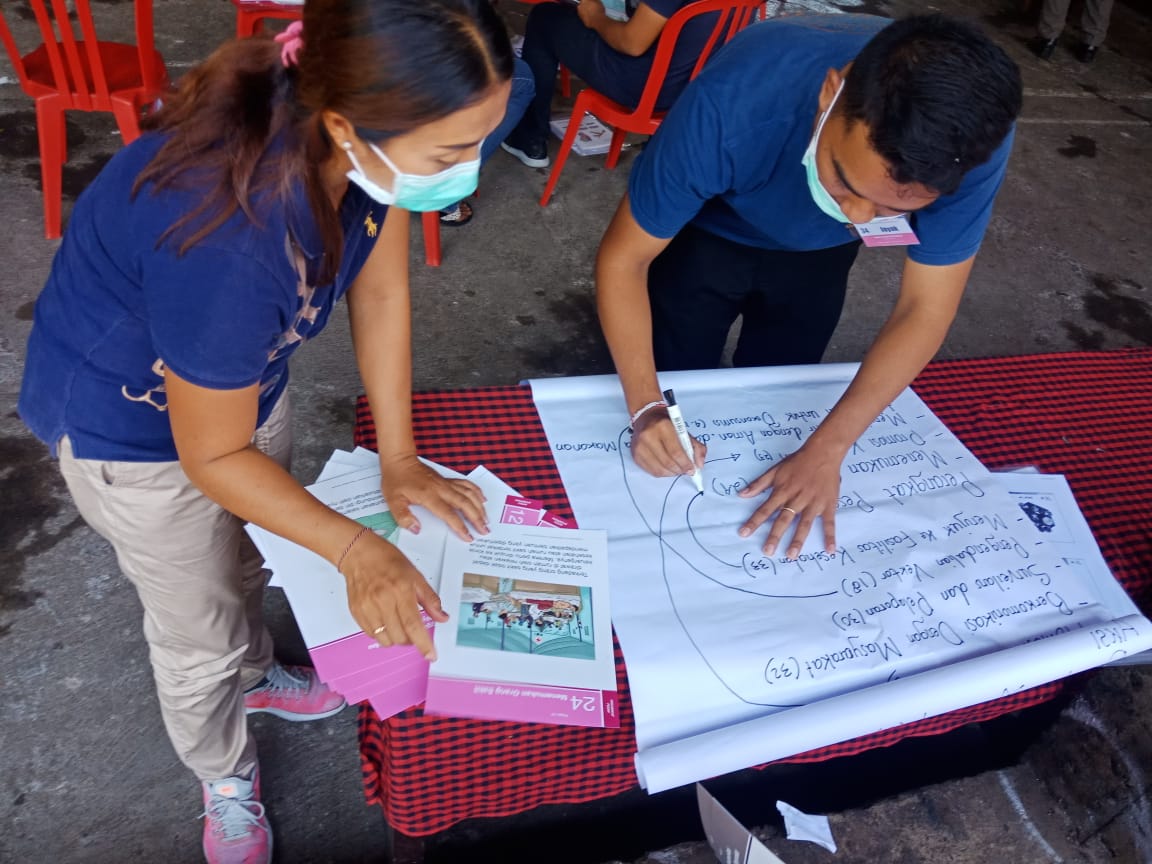Anticipatory action to manage climate risks: Lessons from the Red Cross Red Crescent in Southern Africa, Bangladesh, and beyond

Anticipatory action (AA) is a growing area of climate and disaster risk management that emphasizes the use of climate services and risk analyses to predict where crises might strike and enable action to prevent or mitigate impacts before disasters occur. Based on interviews with stakeholders involved in Red Cross Red Crescent (RCRC) AA programs in 18 countries, we identify common benefits and challenges associated with AA programs. We find that RCRC AA programs have built capacity within National Societies, leading to more proactive operations and expedited humanitarian response. Initial investments in AA can also develop key partnerships and facilitate later scaling-up by other organizations. AA can also overcome common challenges in climate services by providing a framework and decision-making and resources for early action. Despite these benefits, AA practitioners struggle with challenges common to climate services, development, and humanitarian aid, including local project ownership, capacity and infrastructure, integration with existing systems, data availability, forecast uncertainty, and monitoring and evaluation. Given these challenges, we reflect on how AA might be able to address challenges of ownership and capacity building and what donors can do to facilitate shifts toward longer-term capacity building.
